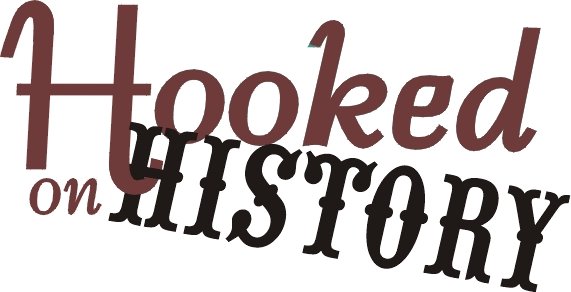“Guten Tag, Y’All.” A non sequitur? No. A German visiting Georgia trying to fit in with the local speech patterns? No.
It’s a new book by Clayton State Assistant Professor of History Dr. Marko Maunula and the University of Georgia Press.
With a scheduled publication date of Aug. 15, 2009, “Guten Tag, Y’All” (cloth, $44.95, 176 pp., ISBN 978-0-8203-2901-7) is a study of politics and culture in the 20th Century South, specifically, as noted in the subtitle, “Globalization and the South Carolina Piedmont, 1950-2000.”
“A valuable addition to the literature on post-World War II U.S. history, business and economic history, southern history, and labor history,” according to David Sicalla, coeditor of “Constructing Corporate America.”
A work some seven years in the writing and based on Maunula’s long-standing interest in “foreigners” in the American South, “Guten Tag” is a story of globalization that looks at the origins of the growth of recruiting foreign companies and capital to a region of the United States that is typically been, in Maunula’s words, not seen as being very cosmopolitan.
“It’s a history monograph… economic history and globalization. It should find a readership among the general public who are interested in the subject of globalization,” he says. “The traditional view of the South is that it’s not very cosmopolitan. As it turns out, the South has been more innovative and shrewd in international marketing than its northern and midwestern neighbors. In reality, the South has had a more cosmopolitan outlook than the North and the Midwest. In fact, southern elites have traditionally looked overseas.”
As proof of this last statement, Maunula points to the South’s 19th Century history of reliance on international trade in such markets as cotton and tobacco.
In the latter half of the 20th Century the South’s globalization focus, notably in South Carolina, has been on far different products than the agricultural staples of the past. And, as Maunula points out, it’s now a matter of bringing “foreign” capital to the U.S. Having experienced what Maunula calls a “gradually growing mild panic” in the 1950s and 1960s (which might be called the “Made in Japan Syndrome”), South Carolina officials in the 1960s reacted to the fear of the U.S. not being competitive in the global market with a proactive stance.
“In South Carolina, some people thought, `this is a two-way street,’ and they started recruiting foreign manufacturers to the state as part of a conscious policy,” he explains. “The focus of the book is on Spartanburg, South Carolina. They were sort of the John the Baptist of the whole movement.”
Maunula further notes that, after the Spartanburg Chamber of Commerce, notably Richard “Dick” Tukey, got involved in recruitment, the state apparatus became involved, leading to South Carolina becoming a home away from home for such European corporations as BMW (Guten tag, y’all), Michelin and Ciba-Geigy.
Maunula was a lecturer at Kennesaw State University and a visiting lecturer at University of North Carolina at Chapel Hill prior to coming to Clayton State. He also has extensive journalism experience in his native Finland, and writes for many publications in Europe, especially Finland.
Maunula has lived in the southern region of the United States for 16 years and considers Atlanta his American hometown as a “Scandinavian Southerner.” He says he was drawn to Clayton State because of, “the diversity and the impressive mix of professionalism and southern hospitality found in the faculty, staff, and students.”
A unit of the University System of Georgia, Clayton State University is an outstanding comprehensive metropolitan university located 15 miles southeast of downtown Atlanta.
---
Community News You Can Use
Follow us on Twitter: @gafrontpage
www.FayetteFrontPage.com
www.GeorgiaFrontPage.com
www.ArtsAcrossGeorgia.com
---


No comments:
Post a Comment